Landlord Insurance vs Homeowners Insurance: Understanding the Differences
We will search the top carriers for you for the best offer.

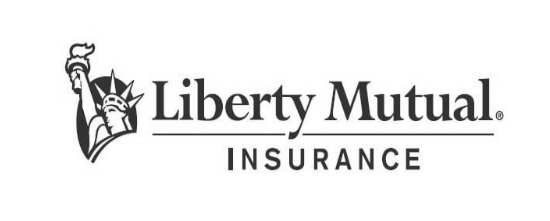

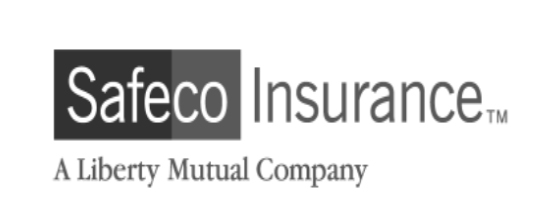
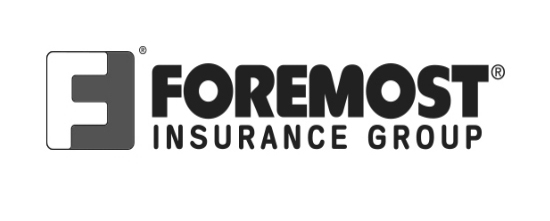
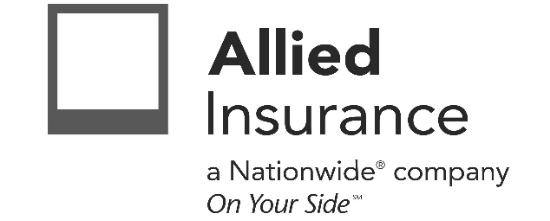
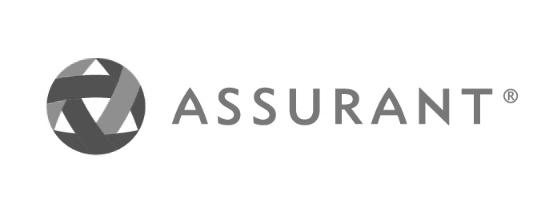
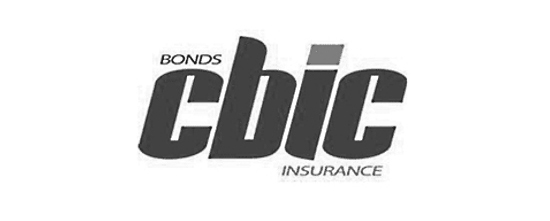
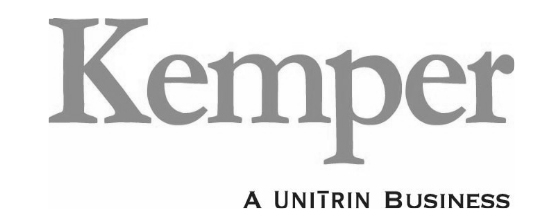
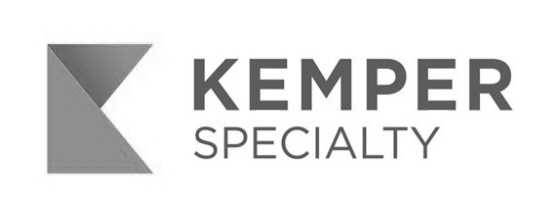
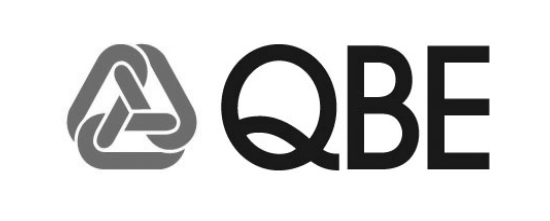
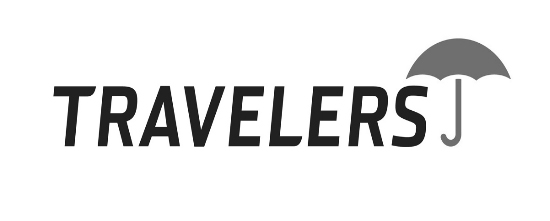
Landlord Insurance vs Homeowners Insurance
Landlord Insurance vs Homeowners Insurance: Key Differences and Choosing the Right Coverage
When it comes to protecting your property, understanding the nuances between landlord insurance and homeowners insurance is crucial. At THAgency, a leading insurance brokerage, we specialize in finding the right coverage at competitive prices. This guide will help you understand the differences between these two types of insurance, ensuring you can make an informed decision tailored to your needs.
What is Homeowners Insurance?
Homeowners insurance is designed to protect your primary residence. Here are the key components:
Coverage Focus:
- Structure: Protects the physical structure of your home, including walls, roof, and attached fixtures.
- Detached Structures: Covers structures like garages, sheds, and fences.
Personal Belongings:
- Covers furniture, appliances, electronics, clothing, and other valuables inside your home. Some policies also cover belongings when you’re traveling or in storage.
Liability Protection:
- Protects you in case someone is injured on your property or if you’re responsible for property damage. This includes medical expenses, legal fees, and potential lawsuits.
Additional Living Expenses:
- Covers costs for temporary accommodations and meals if you’re displaced from your home due to significant damage.
- Covers costs for temporary accommodations and meals if you’re displaced from your home due to significant damage.
What is Landlord Insurance?
Landlord insurance is specifically for property owners who rent out their properties. Here are its key components:
Coverage Focus:
- Structure: Covers the rental property’s structure, including the building and any additional structures.
- Landlord’s Personal Property: Covers items used to maintain the property, like appliances, lawnmowers, and tools.
Loss of Rental Income:
- Compensates for lost rental income if your property becomes uninhabitable due to covered damage.
Liability Protection:
- Covers you if a tenant or visitor is injured on the premises or if you’re responsible for property damage caused by the rental property.
Additional Coverages:
- May include legal expenses for eviction proceedings, damages caused by tenants, or theft of landlord-owned property.
- May include legal expenses for eviction proceedings, damages caused by tenants, or theft of landlord-owned property.
Cost Differences Between Landlord Insurance and Homeowners Insurance
Factors Affecting Landlord Insurance Cost:
- Rental Property Value: Higher property values lead to higher premiums.
- Location: Properties in high-risk areas (crime, natural disasters) have higher premiums.
- Usage: Long-term rentals may differ in cost compared to short-term or commercial leases.
- Liability Coverage Limits: Higher limits increase premiums.
- Deductible Amount: Higher deductibles lower premiums but increase out-of-pocket costs.
- Additional Coverage Options: Optional coverages like loss of rental income add to the cost.
Factors Affecting Homeowners Insurance Cost:
- Home Value and Construction: Size, age, and materials impact premiums.
- Location and Risk Factors: Areas prone to disasters or high crime rates have higher costs.
- Dwelling Coverage Amount: Higher coverage amounts lead to higher premiums.
- Personal Belongings Coverage: Extent of coverage for belongings affects cost.
- Liability Coverage Limits: Higher limits result in higher premiums.
- Deductible Amount: Higher deductibles reduce premiums but increase out-of-pocket expenses.
Comparing Costs:
- Landlord Insurance: Generally more expensive due to additional risks, such as tenant liability and loss of rental income.
- Homeowners Insurance: Typically has lower premiums as it focuses on the primary residence and personal belongings.
Choosing the Right Insurance
For Rental Properties:
- Landlord Insurance: Essential for protecting your investment and mitigating financial risks associated with renting. Covers loss of rental income and landlord-specific liabilities.
For Primary Residences:
- Homeowners Insurance: Crucial for protecting your home, belongings, and liability risks. Covers structure, contents, and provides liability protection.
Customizing Coverage:
- Tailored Policies: Add endorsements or additional coverages based on your specific needs. THAgency can help you explore and customize options to ensure comprehensive protection.
Consult with an Expert:
- Professional Advice: Our team at THAgency can assess your needs, compare offerings from multiple carriers, and provide expert guidance to help you make an informed decision.
Review and Update Regularly:
- Policy Review: Regularly update your policy to reflect changes in your property, tenancy status, or coverage requirements. Our brokers can assist in ensuring continuous and adequate protection.
Understanding the differences between landlord insurance and homeowners insurance is crucial for property owners. While homeowners insurance protects your primary residence and personal belongings, landlord insurance offers comprehensive coverage for rental properties, including loss of rental income and liability protection.
At THAgency, we compare prices and offerings from nearly 100 insurance carriers to find the best coverage for your needs. Contact us today to secure the right insurance policy for your property and enjoy peace of mind knowing you’re protected.
We will find the best business insurance tailored to your needs. Read more…
Related Posts
Get a Right Insurance For You
SHARE THIS ARTICLE
Poipo insurance - Property Owners Insuring Property Owners

Landlord or Homeowners Quote
Send the request and we will quote multiple markets to get you the best coverage and price.
We will compare quotes from trusted carriers for you and provide you with the best offer.
Protecting your future with us
Whatever your needs, give us a call, have you been told you can’t insure your risk, been turned down, or simply unhappy with your current insurance? Since 1995 we’ve been providing coverage to our customers, and helping people across United States.














